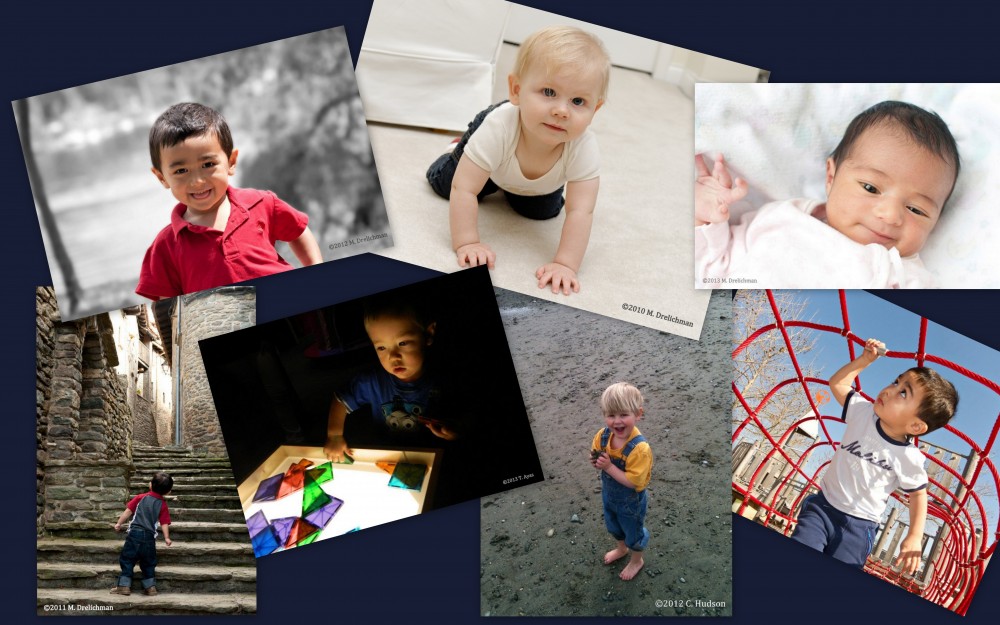I’m happy to announce a new paper just out on-line in JEP:LMC entitled “Why Segmentation Matters: Experience-Driven Segmentation Errors Impair
“Morpheme” Learning“, by Amy Finn and Carla Hudson Kam.* (Warning: it’s not open access.)
Here’s the abstract: “We ask whether an adult learner’s knowledge of their native language impedes statistical learning in a new language beyond just word segmentation (as previously shown). In particular, we examine the impact of native-language word-form phonotactics on learners’ ability to segment words into their component morphemes and learn phonologically triggered variation of morphemes. We find that learning is impaired when words and component morphemes are structured to conflict with a learner’s native language phonotactic system, but not when native-language phonotactics do not conflict with morpheme boundaries in the artificial language. A learner’s native-language knowledge can therefore have a cascading impact affecting word segmentation and the morphological variation that relies upon proper segmentation. These results show that getting word segmentation right early in learning is deeply important for learning other aspects of language, even those (morphology) that are known to pose a great
difficulty for adult language learners.”
(Finn, A. S., & Hudson Kam, C. L. (2015, March 2). Why Segmentation Matters: Experience-Driven Segmentation Errors Impair “Morpheme” Learning. Journal of Experimental Psychology: Learning, Memory, and Cognition. Advance online publication. http://dx.doi.org/10.1037/xlm0000114)
*2015 is getting off to a pretty great start, and everyone in the lab is happy about that, but it’s worth keeping in mind that both papers out so far this year are work that’s been in progress for a very long time.

 Follow
Follow comments feed
comments feed